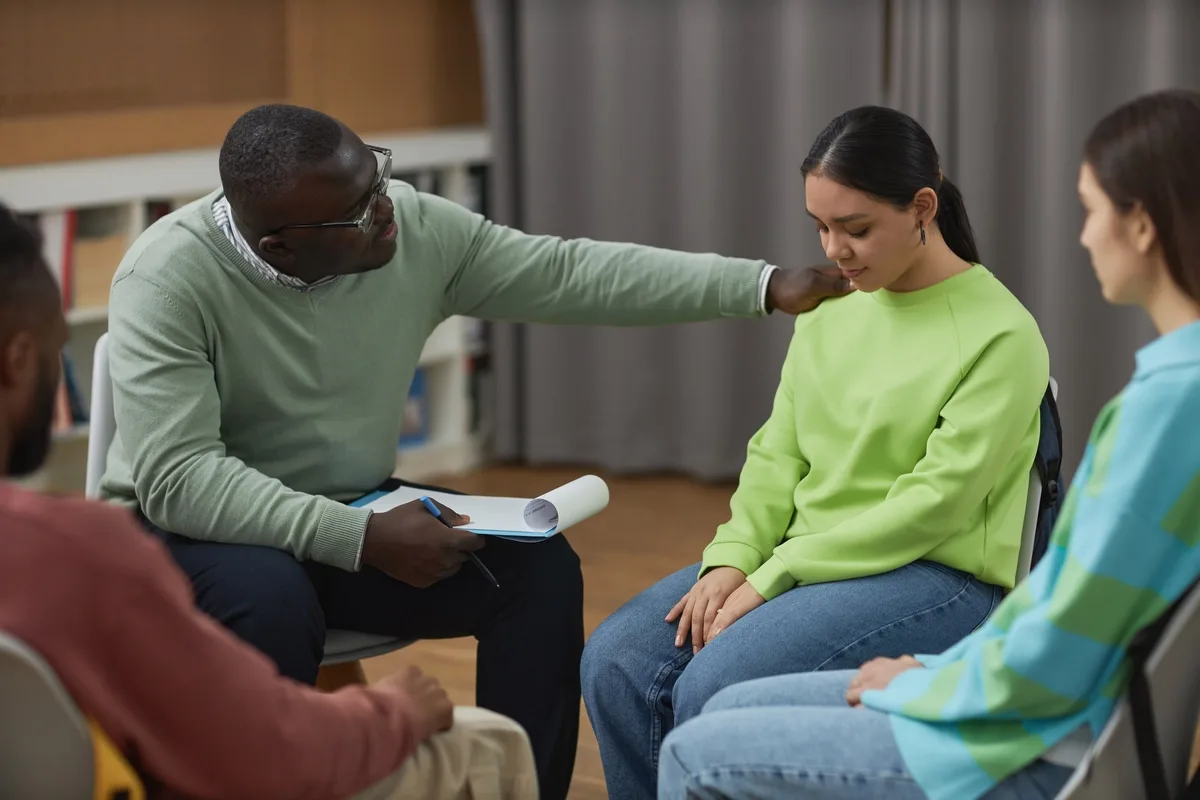24/7 Helpline:
(866) 899-221924/7 Helpline:
(866) 899-2219
Learn more about Opioid Rehab centers in Howard County
Opioid Rehab in Other Counties

Other Insurance Options

PHCS Network

Self-pay options

BlueCross

Multiplan

Meritain

Aetna

MHNNet Behavioral Health

Private insurance

United Health Care

UnitedHealth Group

Ambetter

Molina Healthcare

Coventry Health Care

Magellan Health

Magellan

CareFirst

Covered California

Horizon Healthcare Service

Cigna

Anthem

JAEL Health Services
JAEL Health Services is a private rehab located in Ellicott City, Maryland. JAEL Health Services spe...




















































































































































































































Counseling Resources
Counseling Resources is a private rehab located in Ellicott City, Maryland. Counseling Resources spe...

Yudaguru Integrative Wellness
Yudaguru Integrative Wellness is a counseling center located in Ellicott City, Maryland. Lead by Abh...

















































































































